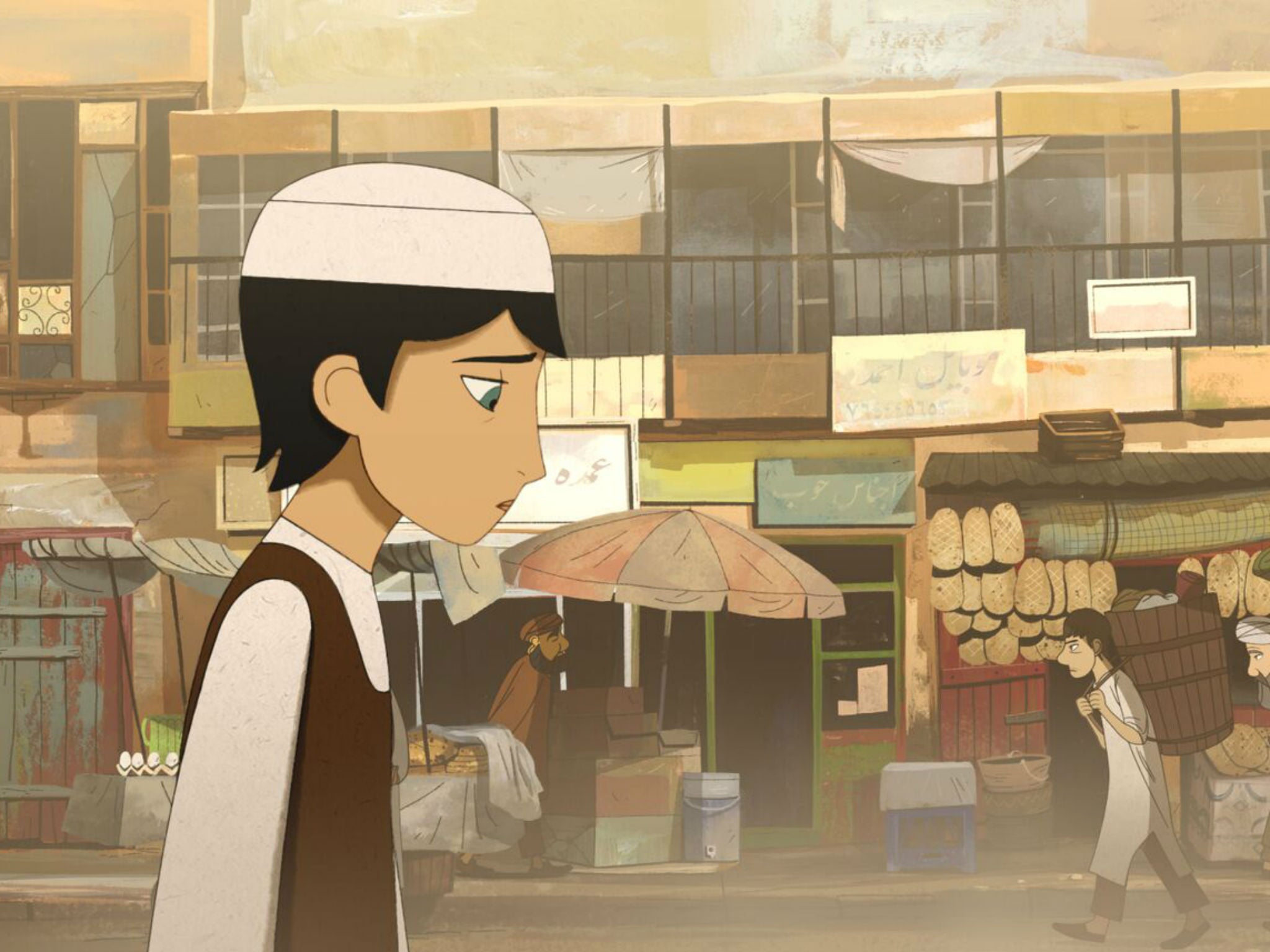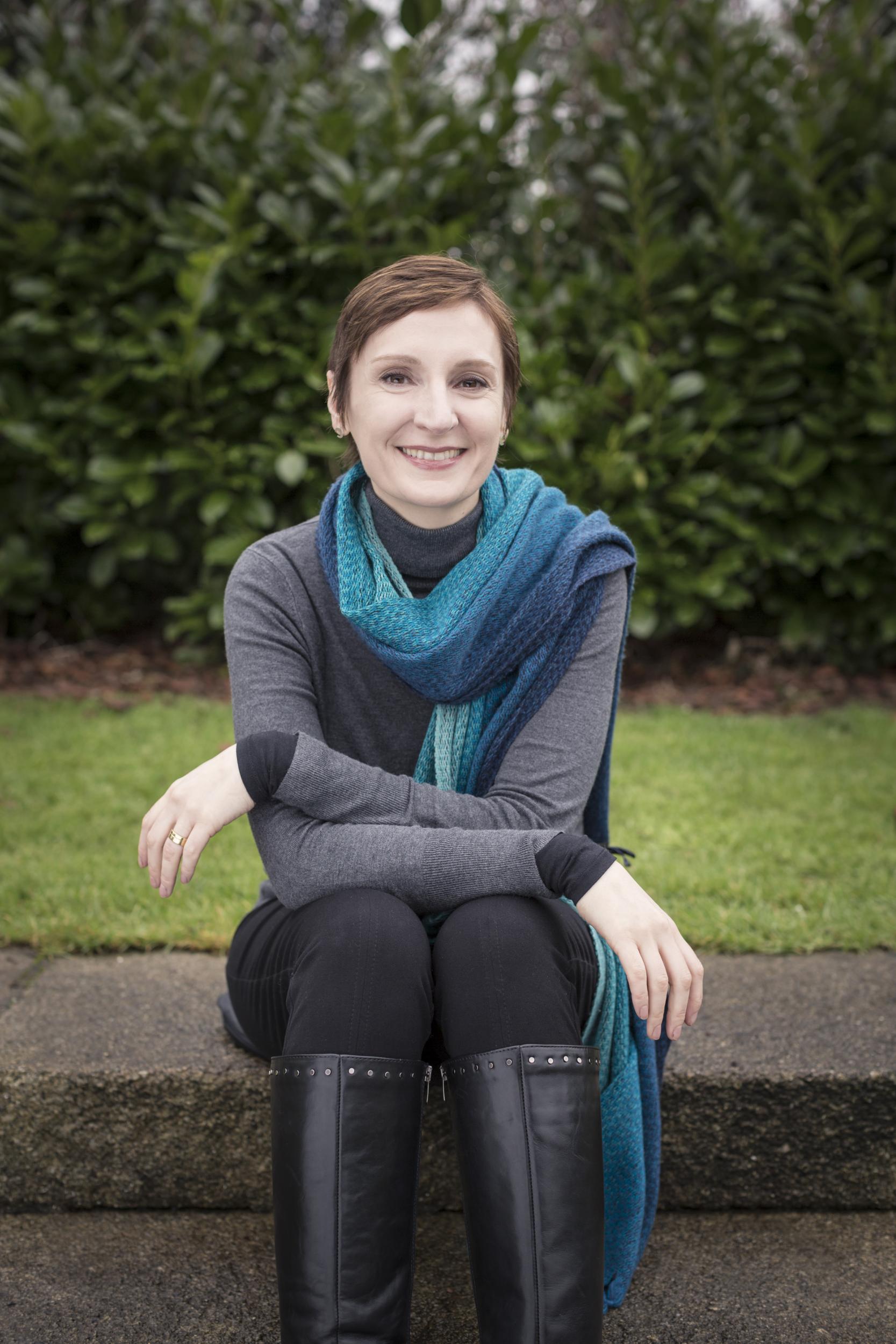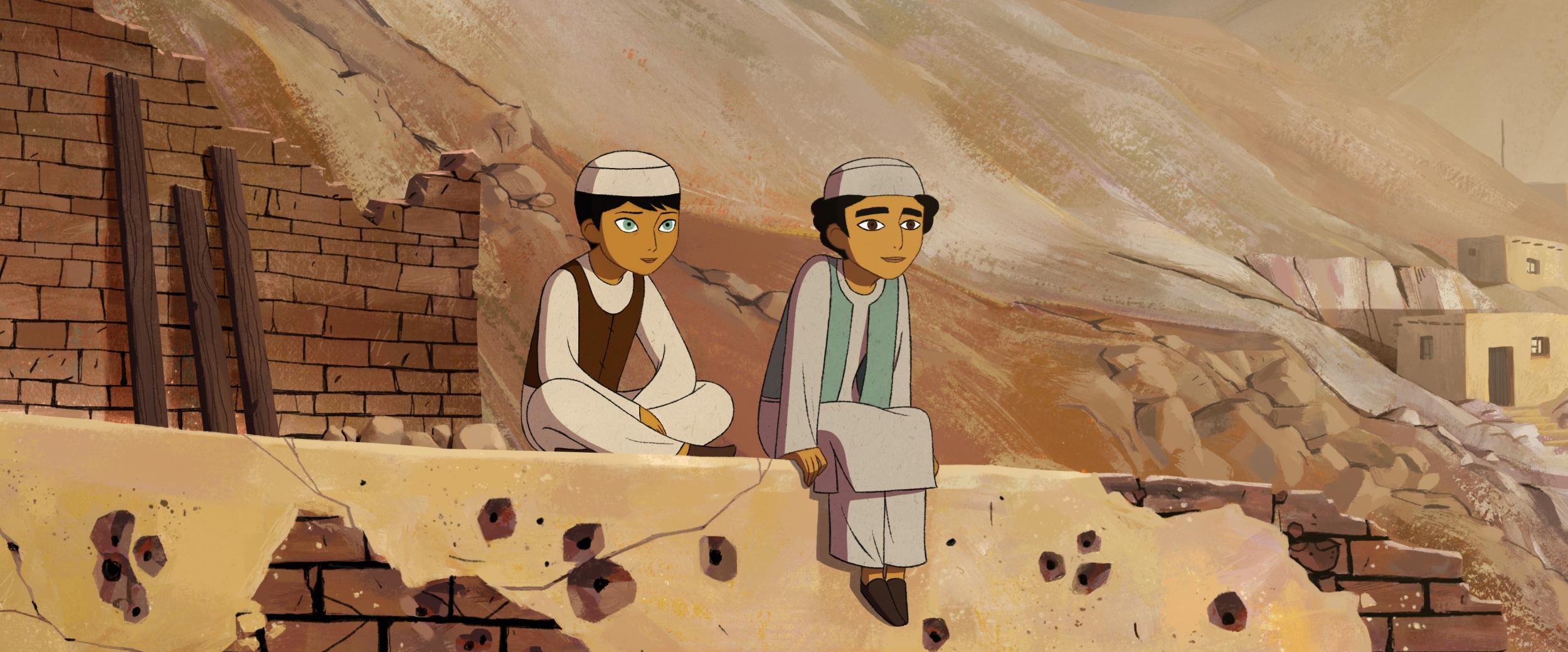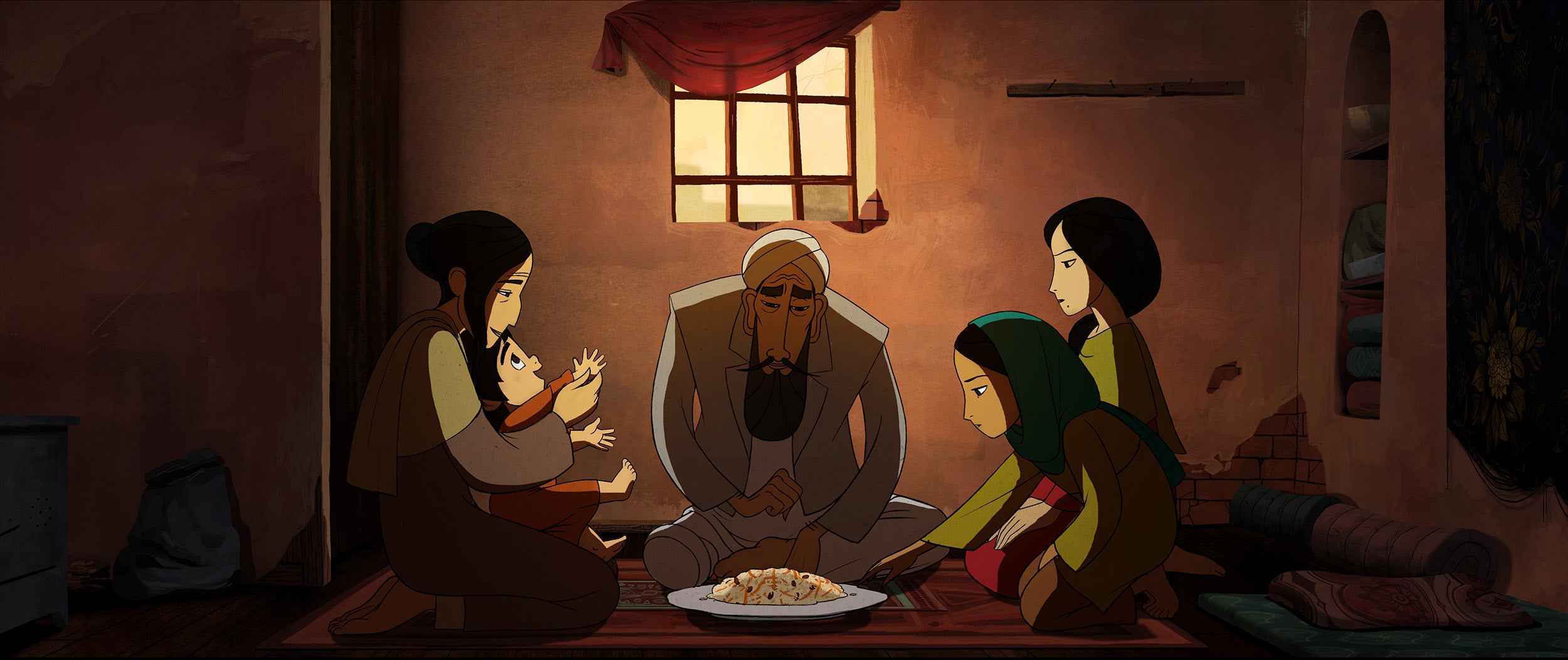The Breadwinner: The animated film about life under the Taliban
With backing from Angelina Jolie, Irish animation studios Cartoon Saloon strike gold again with an adaptation of Deborah Ellis’s bestselling novel

Your support helps us to tell the story
From reproductive rights to climate change to Big Tech, The Independent is on the ground when the story is developing. Whether it's investigating the financials of Elon Musk's pro-Trump PAC or producing our latest documentary, 'The A Word', which shines a light on the American women fighting for reproductive rights, we know how important it is to parse out the facts from the messaging.
At such a critical moment in US history, we need reporters on the ground. Your donation allows us to keep sending journalists to speak to both sides of the story.
The Independent is trusted by Americans across the entire political spectrum. And unlike many other quality news outlets, we choose not to lock Americans out of our reporting and analysis with paywalls. We believe quality journalism should be available to everyone, paid for by those who can afford it.
Your support makes all the difference.Depicting the horrors of living under the Taliban, The Breadwinner doesn’t exactly sound like a hit work of children’s fiction. But when Deborah Ellis’s novel was published in 2000, this tale of an 11-year-old girl named Parvana living in Afghanistan struck a nerve. The book sold more than two million copies across 25 languages, won numerous literary prizes and spawned two sequels.
Now it’s been made into an animated feature, directed by the Irish filmmaker Nora Twomey, and with the backing of Hollywood mega-star Angelina Jolie .
Twomey first encountered the book via her producing partners at Cartoon Saloon, the Irish animation outfit behind the Oscar-nominated film The Secret of Kells – co-directed by Twomey – and Song of the Sea, which she also worked on.
“I read it in an evening,” says Twomey. “I was completely enthralled with the character of Parvana, and the way Deborah Ellis writes for young people. She doesn’t talk down to them, in a way that acknowledges the complexity of the subject matter.”

Twomey grew up in Cork at the time of the Troubles and related to the book in her own way. As a young girl she’d listen to the news, realise her own helplessness and fantasise about how to find a solution to the Protestant-Catholic divide.
“You do realise that conflict is very complicated. Peace is a very vulnerable thing and the more educated we are as society, as a global society, the more we take things seriously and the more we have the hope of coming up with solutions that are long term, as opposed to the length of somebody’s office.”
Initially there was talk of a live-action film but Twomey, 46, was convinced The Breadwinner was perfect for an animated feature. While a live-action director may have been tempted to adopt a grim approach to convey Parvana’s life in Kabul under the oppressive Taliban regime, Twomey delivers a film that manages to balance social realism and storybook flights of fancy, conjuring up distinct visuals with the digital animation software TVPaint.
The story follows Parvana after her father is arrested by the Taliban. She disguises herself as a boy to work and support her family, a well-known phenomenon in Afghanistan called ‘bacha posh’.

“If you didn’t have a boy in your family, then you were to be pitied in a way,” says Twomey. “Certainly around the time of the Taliban – and before that – if you had no male members of your family, you couldn’t go outside, literally, because you had to have a male relative with you [to escort you].”
Casting Parvana was anything but easy, but with the film a co-production between Cartoon Saloon and companies in Luxembourg and Canada, Twomey was steered overseas to look for her star. She eventually found Saara Chaudry, a young Toronto-raised actress and singer who has Afghan heritage. By chance, Chaudry was also a massive fan of the book since she was nine.
“The Breadwinner helped me to understand what young girls around the world had to endure,” she explains.
Like so many other young readers of Ellis’s book – which was researched scrupulously by the author, who interviewed many Afghan women who made it to refugee camps in Pakistan – Chaudry was taken aback. “I was ignorant,” says Chaudry. “Living in a first world country, I didn’t know. It opened my eyes to a whole new world that I never really knew. It made me want to help these young girls. As a young girl, I couldn’t imagine another girl just like me having to face these issues and these problems.”

Even before Chaudry – who turns 14 next month – was involved in the film, Deborah Ellis came to her school. In a Q&A, Chaudry asked if there was ever going to be a movie version of the book, although at the time it was still under discussion. Later, coincidentally, she got a call from her agent asking her to audition.
“I completely freaked out – I said, ‘I have to get this! I would be so disappointed if I didn’t!’ But I think it was meant to be.”
When I meet with both Twomey and Chaudry in London’s Mayfair Hotel, the film’s poster is on display in the room, proudly bearing the credit ‘Executive Producer Angelina Jolie’. The American actress and filmmaker came on board after producers Karim Amer and Jehane Noujaim (who previously made 2013 documentary The Square, about the recent uprising in Egypt) got her the script.
“She looked at some of the artwork that we had created at the early stage, and she really liked it,” says Twomey of Jolie.

“I suppose she felt she had something to contribute in terms of helping us find the sensibility of the film and making sure that we had sensitivity to the subject matter,” adds Twomey. “She very much encouraged us to get as many Afghan voices as we could into the filmmaking process.”
So how did their first meeting go? “I pretended I was in LA on business but I just flew out there, just to meet her,” the director smiles. “And I had a bizarre experience of seeing her face on magazine stands and then going into a meeting with her.”
After that they met again in London. “And she called quite a bit during the process, and recorded messages for the cast and crew. When we hit a milestone in production, she’d record a message – especially for actors, it was an amazing thing.”
Chaudry remembers the message distinctly. “It was quite surreal but she was very natural and down-to-earth. Her aura just came through the screen. It was a great form of encouragement. It was wonderful.”
Aside from being a very good cheerleader for the project, Jolie was also a fantastic sounding board, adds Twomey. “Honestly, just having another female filmmaker to talk to about the more mundane tasks of filmmaking was really helpful.”

The Breadwinner has already been nominated for Best Animated Feature at the Golden Globes and the Oscars, where it lost out to Pixar’s Coco, set in Mexico, on both occasions. But the rewards have come in other ways.
At the Toronto International Film Festival premiere, a young girl named Maria stood up after the film. “She said, this is like my life; her childhood had been very much the same as Parvana’s – dressed as a boy – and she used that to get through life,” says Twomey. Another girl came up to Chaudry and said: “I want to be just like you and just like that girl.”
“It was so touching,” Tomwey says.
Twomey and her collaborators even set up an online study guide for teachers and young students to explore the issues around the film. “For me, the whole thing is about education,” says Twomey. “It’s not about easy answers.” What she wants is to create a film to inspire young adults to ask questions, and even understand the complexities of Afghanistan.
It’s a big ambition, but if there’s one pearl of wisdom Twomey can offer, it’s this: “Never talk down to children and never over-explain.” Their curiosity will do the rest.
‘The Breadwinner’ opens 25 May. For more details on the study guide, visit thebreadwinner.com
Join our commenting forum
Join thought-provoking conversations, follow other Independent readers and see their replies
Comments